News
‘Insecurity Responsible For Economic Instability In Nigeria’
A cleric and the Chief Imam, Olabisi Onabanjo University, Ago-Iwoye, Ogun State, Dr. Abdulhakeem Akanni has attributed the rising security threats in Nigeria as factors responsible for economy instability in the country.
He also noted that kidnappings and herdsmen-farmers clashes across the country has prevented farmers to work on their farmlands, thereby forcing Nigerians to buy the few available farm produce at high rate.
Akanni, who spoke in Abeokuta, yesterday at the 14th Annual lecture of The Muslim Congress (TMC), Ogun State chapter, however, blamed Nigerians for the precarious situation.
He stressed that government’s failure to provide good roads, stable electricity, unbiased judicial system, payment of pension and gratuities, employment generation and equity in the sharing formula has forced many Nigerians to seek alternative means of sustainability.
Delivering his lecture on the topic: “Security and Economic Stability: Imperative for good governance in Nigeria”, the Islamic scholar equally blamed the citizens for their insincerity and disobedience to rule of law.
“You will observe that the precarious situation we found ourselves in this country got to this stage as a result of what both leaders and followers have done. We are all stakeholders in this and we all contributed into what this nation is today by our nefarious activities.
“We blame government officials for unemployment, bad roads, non-provision of electricity, non-payment of gratuities, non-payment of pension, non-remittance of cooperative deductions, lack of facilities in our hospitals and schools, but as Nigerians too, we also contributed to some of these problems.
“Some Nigerians support smugglers, some cheat in exams, parents enrol their children in special centres to participate in exam malpractices, teachers write answers on chalkboard for students during examinations, religious leaders don’t speak the truth anymore. These are the things that have brought our country to this precarious situation.
“For us to move Nigeria forward we need attitudinal change and for the leaders, they should be accountable to the masses and do self-assessment of their performance.
“There is too much bloodshed in the country. There is injustice in our VAT system. The federal government should stop robbing some regions to satisfy the interest of other regions. Let us stop our corrupt practices and seek the face of God,” the scholar stated
Speaking on the theme of the lecture: “Insecurity and National Unity: The Nation on trial”, Ustadh Muhammad Jamiu Tirimidhi Akano maintained that, the political instability, insecurity, and banditry were caused by tribal and religious crisis.
Akano, who is the Chairman, Committee of Experts, Zakat and Sadaqat Foundation, expressed disappointment in Nigeria political leaders, saying in spite of their religiosity, adherents have failed the nation.
He called on Nigerians to demonstrate unconditional love for one another, irrespective of religion, tribe, race and position.
According to him, merit in national appointment as against states and ethnic based nomination and inclusion of religious and moral instruction in school curriculum and constitution would return the country to the path of glory.
In his welcome address, the Waali of the Ogun State chapter of TMC, Dr. Ogunkoya Ibrahim maintained that, the theme for the lecture centred on finding the right mix of governance, leadership and political stability with particular reference to the roles of religious and political leaders.
He said the wave of overlapping security crises and political discordances rocking the nation, especially at a time the country was wallowing in the throes of economic downturn has necessitated the group to contribute its quota to the development of the country.
He expressed bitterness that, Nigeria which has once provided continental leadership in the economic sphere and in international diplomacy, including military and political leadership, was now groping in the dark, and struggling to find its feet.
Ogunkoya noted further that, the abject lack of commitment, by both the leaders and the citizens, to a united, stable, developed and prosperous Nigeria has put the country on the brink of collapse, as hard-line separatists and ethnic jingoists are springing up with agitations for separation and outright balkanization of the country.
“However, in spite of these precarious circumstances, we believe there is hope for a better tomorrow as every cloud has its silver lining. Change is indeed possible. This independence anniversary offers a veritable opportunity for us to begin a sincere process of national healing.
“First, there must be a top-down approach to a mental and moral reorientation. From the politician in the office, the faith leader in the sanctuary, to the common man on the street, we must all come to the realization that it is the wish of the Almighty Allah (SWT) that we dwell in this geographic expression called Nigeria as a people of an undivided nation and there is no other place we can rightfully call our own.
“Therefore, a good starting point for a change towards national integration is for us to disabuse ourselves of the out-dated perception of seeing ourselves as being from a part of the country before recognizing that we are Nigerians. As such, all hands must be on deck to ensure we take a clean break from our ugly past and chart a new beginning for our political and economic future”, he submitted.
News
Don’t Attend Nocturnal Meetings To Declare War On Rivers, Fubara Tells New CP
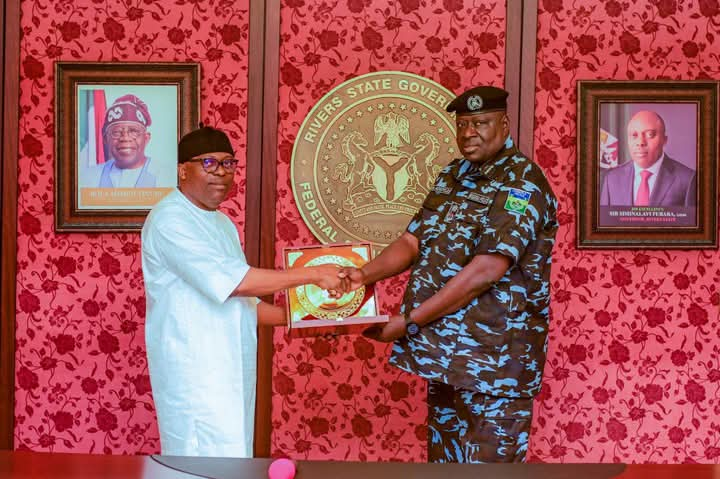
Rivers State Governor, Sir Siminalayi Fubara, has advised the new Commissioner of Police posted to the State, Olugbenga Adepoju, to resist the temptation of attending nocturnal meetings that will make him declare war on Rivers people.
Rather, the Governor urged him to put the general interest of the people of the State above other considerations so that he can work to ensure that peace prevailed and there is stability.
Governor Fubara gave the advice when he received CP Olugbenga Adepoju, the 47th Commissioner of Police, Rivers State Command, on courtesy visit, at Government House in Port Harcourt, last Friday.
The Governor said: “You are not a new person in our State. You’ve been here, more especially, in charge of Operations. It then means if I start to talk about my story, it’ll connect with your activities in Operations. But I am not going to talk about my story.
“But the good thing here is, you said something that I want to really anchor on. Your duty, as it stands now, is to work with the government, work with other sister agencies to maintain law and order, protect lives and property of the people of Rivers State.
“Be apolitical, as you just read in your address. Don’t go to nocturnal meetings in people’s houses, and in the morning, you come and declare war on Rivers people. That is the only advice I will give to you.”
Governor Fubara charged the CP, who is already conversant with the Rivers State terrain and its associated security challenges, to draw up a holistic plan on how to tackle the twin problem of cultism among the youths and kidnapping incidences in boundary communities.
Governor Fubara said his administration is not failing on its responsibilities to security agencies to sufficiently address those issues and save Rivers people, adding, “But the primary duty of this team, these particular challenges are rested on the police. So, please, take this one as my own assignment (to you).
“While you are carrying out the larger assignment that your people from headquarters will send you, also make sure that you look for every way possible to reduce issues of cultism because it is affecting our secondary schools, it is affecting our primary schools with students growing to become monsters, which is also leading to other issues like kidnapping and others.
“It starts from somewhere. So, we must also get to the root and reduce it. I know we cannot totally eliminate it, but, somehow, let us look for a way to reduce it.”
Governor Fubara said the former CP to the State had succeeded because he maintained healthy synergy with the State Government, and assured that the same level of support will be provided to the new CP, if he adheres to the tenets of professionalism, stressing, “On our part as a Government, we will continue to support you to make sure you succeed. Your success here will mean more elevation for you. If you have a very bad record here, whether you like it or not, it will one day in the course of your profession, affect your growth.”
In his address, Rivers State Commissioner of Police, CP Olugbenga Adepoju, expressed profound gratitude for the opportunity given to him to serve the resilient and vibrant people of Rivers State as the 47th Commissioner of Police.
CP Adepoju said he is fully aware of the complex security challenges in the State, and is determined to do everything professionally to confront them with innovation.
He said, “We will strengthen our intelligence gathering capabilities, enhance our rapid response mechanism, and most importantly, foster deeper trust and collaboration with the community we serve. Our Command will remain firmly apolitical, standing as a neutral and impartial institution, dedicated solely to upholding law and order. This commitment is vital to maintaining the trust and confidence of the people we protect.”
CP Adepoju also said: “While we will engage constructively with political leaders and key stakeholders to secure necessary resources and support, our engagement will always be conducted with professionalism and integrity”.
Meanwhile, Governor Siminalayi Fubara, and the State Commissioner of Police, Olugbenga Adepoju, have decorated two officers in Government House with their new ranks of Deputy Superintendent of Police (DSP).
They include the Personal Security Officer to the Governor, Anthony Peter, who was recently promoted from Assistant Superintendent of Police (ASP 1) to Deputy Superintendent of Police (DSP); and Provost Marshal, Government House, John Wakama, who was also promoted from Assistant Superintendent of Police (ASP 1) to Deputy Superintendent of Police (DSP).
Both the Governor and the Commissioner of Police were assisted at the short event by the wives of the newly promoted officers.
The decoration ceremony was performed shortly after the courtesy visit to the Governor by the State Commissioner of Police at the Government House, Port Harcourt, last Friday.
News
TUC Rejects VAT Hike, Urges Pro-people Tax Reforms
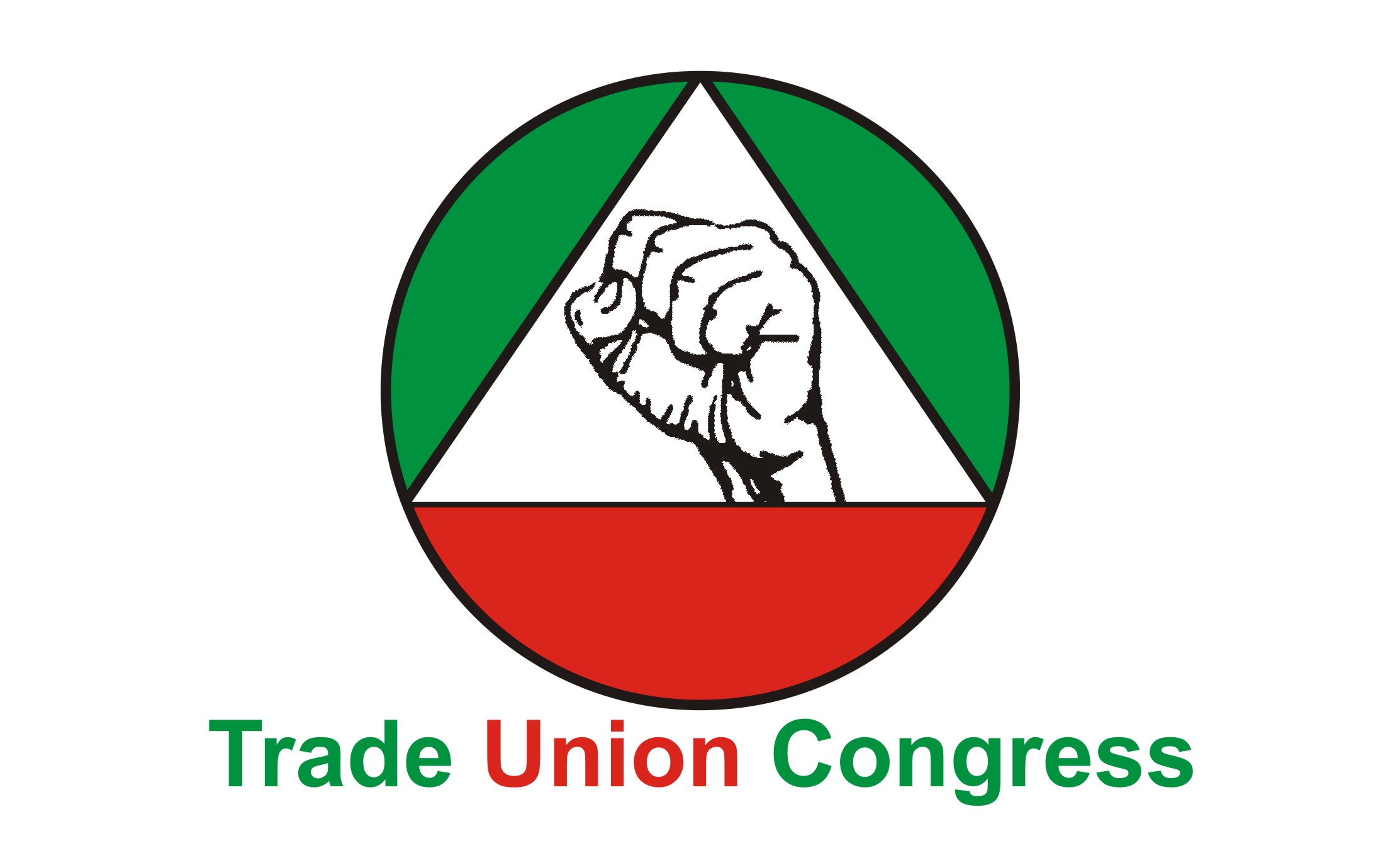
The Trade Union Congress of Nigeria has opposed the proposed increase in the Value Added Tax rate, as outlined in the Federal Government’s Tax Reform Bills, warning that the move could worsen the economic hardship faced by Nigerians.
The Federal Government had proposed a phased VAT hike from the current 7.5% to 10%, 12.5%, and ultimately 15%, a move the TUC described as ill-timed and detrimental to the welfare of citizens already grappling with inflation, unemployment, and a soaring cost of living.
Speaking during a press briefing in Abuja, yesterday, following the union’s National Executive Council meeting held on November 26, 2024, TUC President Festus Osifo said maintaining the VAT rate at 7.5 per cent was crucial to safeguarding Nigerians from additional financial pressure.
“Allowing the Value Added Tax rate to remain at 7.5 per cent is in the best interest of the nation. Increasing it now would impose an additional burden on households and businesses already struggling with economic challenges,” Osifo said.
He added, “With inflation, unemployment, and the cost of living on the rise, higher taxes could stifle economic growth and erode consumer purchasing power.”
The TUC called for a review of the tax exemption threshold, urging the government to raise it from N800,000 to N2.5 million per annum to ease the financial strain on low-income earners.
“This measure would increase disposable income, stimulate economic activity, and provide relief to struggling Nigerians,” Osifo explained.
He said, “The threshold for tax exemptions should be increased to N2,500,000 per annum. This adjustment would offer much-needed relief to low-income earners, enabling them to cope with the current economic challenges.”
The TUC also expressed reservations about the proposed transfer of royalty collection from the Nigerian Upstream Petroleum Regulatory Commission to the Nigeria Revenue Service (NRS), citing risks of revenue losses and inefficiencies.
“Royalty determination and reconciliation require specialised technical expertise in oil and gas operations, which the NUPRC possesses but the NRS lacks. This shift could result in inaccurate assessments, enforcement challenges, and reduced investor confidence,” Osifo warned.
The union commended the government’s decision to retain the Tertiary Education Trust Fund and the National Agency for Science and Engineering Infrastructure, describing their roles as pivotal to the country’s education and technological advancement.
“These institutions have significantly contributed to improving tertiary education and fostering homegrown technologies. Their continued existence is vital for sustained progress in education, technology, and national development,” Osifo said.
Osifo called on the Federal Government to adopt tax policies that prioritise the welfare of citizens and promote equitable economic growth.
“As discussions on the Tax Reform Bill continue, it is our hope that the focus will remain on fostering economic growth and improving living conditions for all Nigerians,” he said.
The TUC reaffirmed its commitment to advocating for policies that enhance the well-being of Nigerians, emphasising that proactive and citizen-centred reforms reflect true leadership.
News
Fubara Inaugurates Road Project To Celebrate Jackrich On Birthday

Rivers State Governor, Sir Siminalayi Fubara, has noted with delight the initiative, love and courage shown by High Chief Sobomabo Jackrich in contributing to improved road infrastructure in his community.
Governor Fubara made the commendation when he visited the country home of Amb Sobomabo Jackrich to celebrate with him on his birthday, and used the occasion to inaugurate a road project executed by the celebrant in Usokun Town in Degema Local Government Area.
Amb Sobomabo Jackrich, also known as Egberepapa, is a prominent Niger Delta leader and National Chairman of Simplicity Movement.
Governor Fubara said the road project, solely funded and completed by the celebrant, shows how committed he is to making life better for residents in his community.
The Governor said: “Let me on behalf of the guests that are here to celebrate with our brother, not really an official engagement, but on a personal note, also share a wonderful moment with our people.
“Our celebrant is not just celebrating his birthday, but he is also giving back to the society. So, I join him and all well-meaning people that believe in his course to commission this project that he has embarked on in his own accord for the betterment of his people.
“I want to say that with what I am seeing here, there may be a few things that we can also do to make this project more meaningful to the people in terms of streetlights. On our own, we are going to support him to complete it.”
Governor Fubara, who also joined the celebrant to cut the birthday cake, prayed for strength and longevity for the celebrant.
-
News2 days ago
AUDA-NEPAD Nigeria To Electrify 1m Rural Communities In 2025
-

 online games2 days ago
online games2 days agoHow to Get Bonus at 1xBet Website?
-
Niger Delta2 days ago
You Have Our Ears, Fubara Assures Civil Servants
-
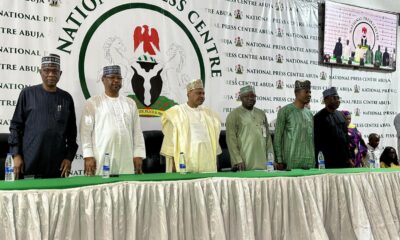
 News2 days ago
News2 days agoNigeria Ready To Host UNESCO Media, Information Literacy Institute – Minister
-
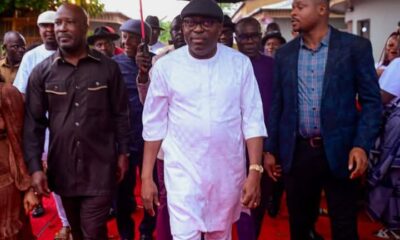
 News2 days ago
News2 days agoFubara Inaugurates Road Project To Celebrate Jackrich On Birthday
-

 Featured2 days ago
Featured2 days agoNigeria, S/Arabia, Deepen Ties On Solid Mineral Exploration
-
Niger Delta2 days ago
RSBOPP Moves To Review Procurement Processes
-
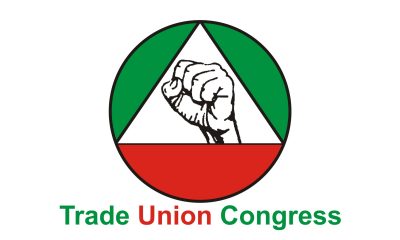
 News2 days ago
News2 days agoTUC Rejects VAT Hike, Urges Pro-people Tax Reforms

